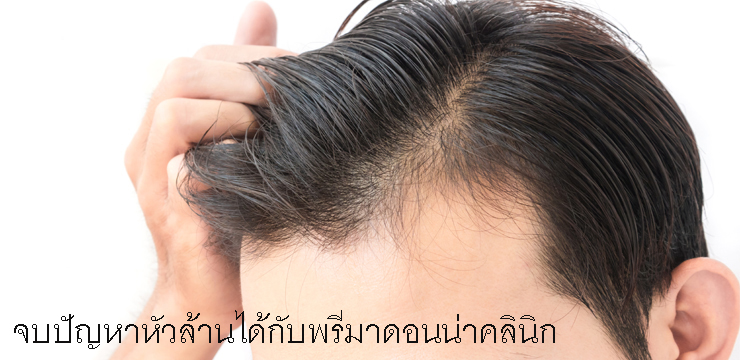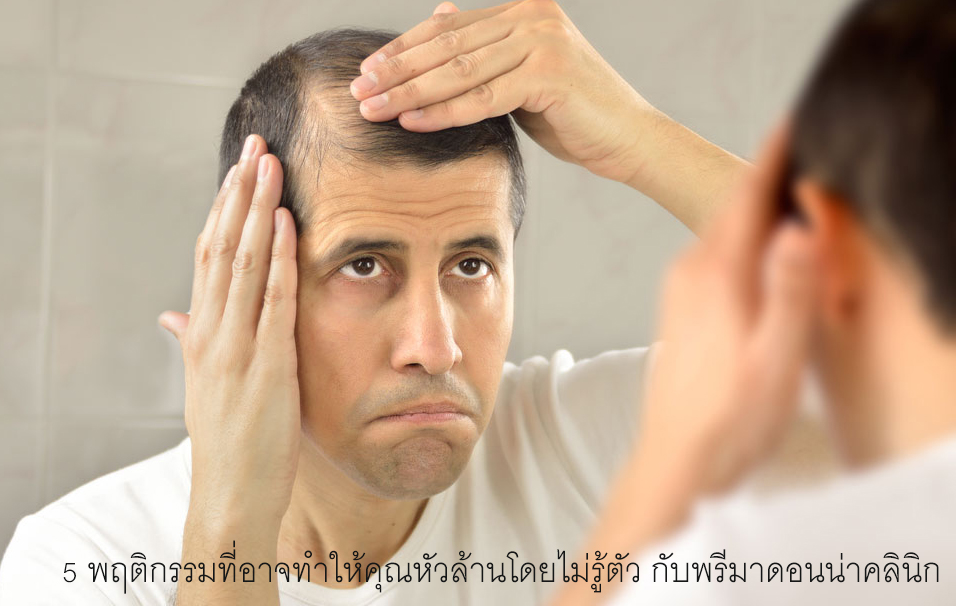
First, your doctor or dermatologist (a doctor who specializes in skin problems) will try to determine the underlying cause of your hair loss. The most common cause of hair loss is hereditary male- or female-pattern baldness.
If you have a family history of baldness, you may have this type of hair loss. Certain sex hormones can trigger hereditary hair loss. It may begin as early as puberty.
In some cases, hair loss may occur with a simple halt in the cycle of hair growth. Major illnesses, surgeries, or traumatic events can trigger hair loss. However, your hair will usually start growing back without treatment.
Hormonal changes can cause temporary hair loss. Examples include:
Medical conditions that can cause hair loss include:
Diseases that cause scarring, such as lichen planus and some types of lupus, can result in permanent hair loss because of the scarring.
Hair loss can also be due to medications used to treat:
A physical or emotional shock may trigger noticeable hair loss. Examples of this type of shock include:
People with trichotillomania (hair-pulling disorder) have a need to pull out their hair, usually from their head, eyebrows, or eyelashes.
Traction hair loss can be due to hairstyles that put pressure on the follicles by pulling the hair back very tightly.
A diet lacking in protein, iron, and other nutrients can also lead to thinning hair.




